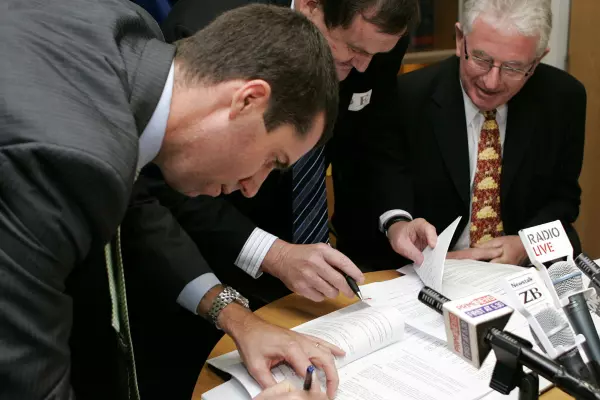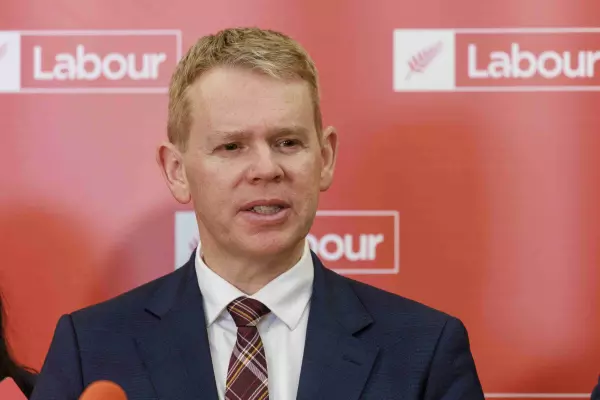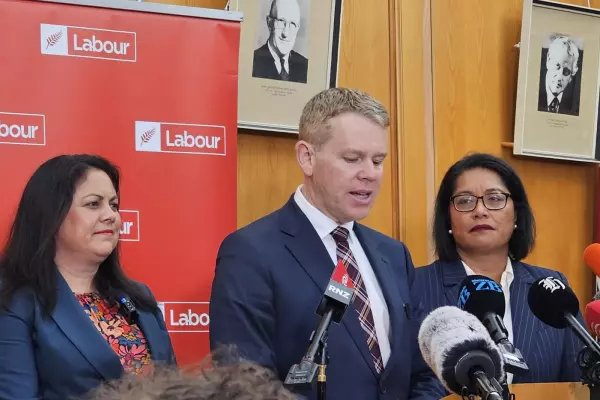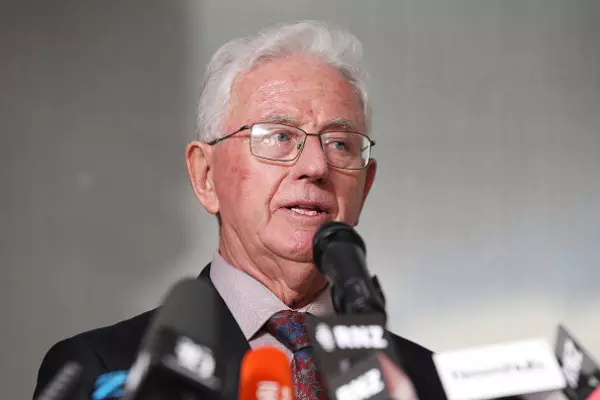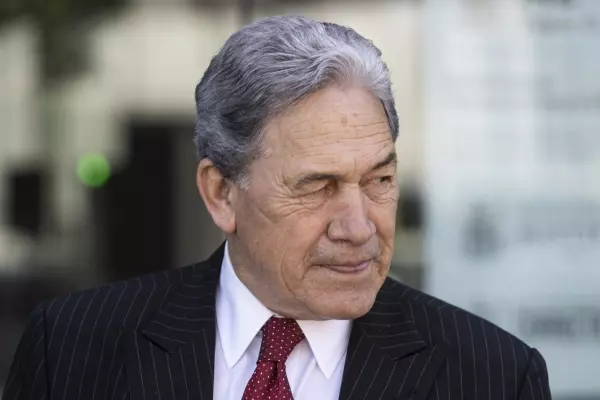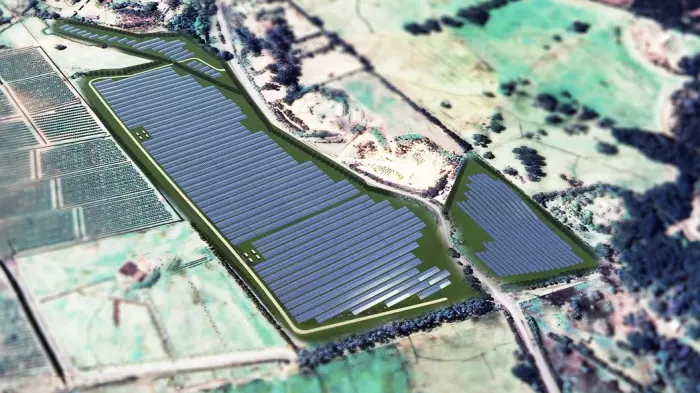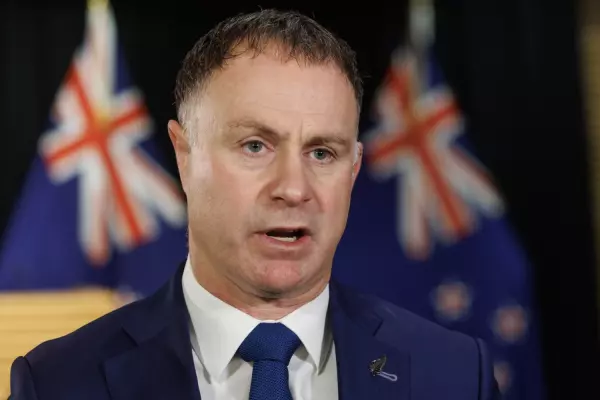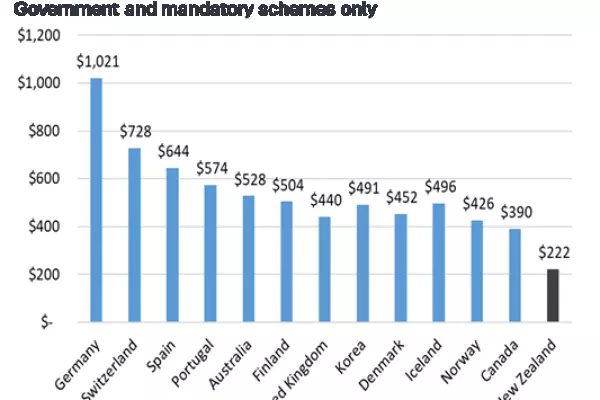Cross-party support emerging for fast-tracked zero carbon law today

Clear signals are emerging that the Zero Carbon Bill will pass its third reading in Parliament this afternoon with the support of the National Party after a crunch party caucus meeting last night.
The bill has been years in the making, but looks set to pass into law at record speed by parliamentary standards, since it was reported back from select committee on Oct. 21. It passed its second reading on Tuesday this week, went through the 'committee of the whole House' debate yesterday where detailed discussion occurs, and looks set to be given its third reading this afternoon.
Its passage would be symbolic also for coinciding with the long-signalled pull-out from the global accord by the United States, announced overnight.
National MPs will make the party's position clear perhaps as early as 3pm this afternoon, when parliamentary debate resumes on the bill that will target net-zero carbon emissions from New Zealand by 2050.
If it supports the bill through its third reading, National will effectively deliver the government a much-needed political win by ensuring solid cross-parliamentary support for the legal framework governing New Zealand's long-term climate change response, even if the party promises changes to the details in its election manifesto.
It would also be a demonstration of National's acceptance that the political risk of being seen to be the party that voted against climate change action is too high less than a year out from the 2020 general election.
The pressure on National to take a cross-party or bi-partisan approach to climate change legislation has been intense, with the youth movement Generation Zero this afternoon delivering a letter signed by 215 business leaders and organisations, calling for unity across Parliament in the interests of policy certainty for business and the need to move from debate to action on climate change.
Among signs that National could live with that outcome were comments made by Climate Change Minister James Shaw during the committee stages debate on points raised by National in supplementary order papers that National MPs tried to have passed to amend the existing bill.
In particular, Shaw stressed that the controversial methane reduction targets in the bill - requiring a reduction from current levels of 24-47 percent by 2050 - can be reviewed "at any time" by the newly established Climate Change Commission, on an order from the minister of the day.
That would appear to give National plenty of wriggle room if it were leading a government, to change the targets, which are otherwise enshrined in the legislation.
Shaw said, however, that the government opposed putting the methane targets "half and half" in both legislation and regulation.
Separately, the Green Party co-leader also made clear that the entire text of the Paris Agreement on climate change targets will be enshrined in the other key piece of legislation in this area that is currently before Parliament. The Climate Change Response (Emissions Trading Reform) Amendment Bill, which was introduced on Oct. 24, had its first reading on Tuesday, supported by National, before being sent to select committee for reportback April 2.
Comments



